April 13, 2025 | 20:19 GMT +7
April 13, 2025 | 20:19 GMT +7
Hotline: 0913.378.918
April 13, 2025 | 20:19 GMT +7
Hotline: 0913.378.918
According to data from the General Statistics Office, Vietnam's export scale is increasingly expanding and reaching a high level, increasing from nearly $ 97 billion in 2011 to $ 371 billion in 2022, an increase of 3.8 times. The proportion of export turnover to GDP in 2022 accounts for 90% (in 2011 it was 72%).
However, expanding production risks increasing pollution pressure due to over-exploitation of natural resources. According to Mr Nguyen Van Hoi, Director of the Institute of Strategy and Policy for Industry and Trade, quoted in Finance Magazine: “Vietnam's exports in the recent period have not developed sustainably. Export expansion is at risk of depleting natural resources, reducing biodiversity and polluting the environment".
Additionally, pressure from climate change also poses challenges for Vietnam's export industry in maintaining product quality. This is easy to see with agricultural products.
In areas affected by saline intrusion and drought in the dry season, irrigation water sources are not guaranteed, making it difficult to achieve high productivity and quality. If the quality of agricultural products meets the requirements, investment costs will also be large, making it difficult to compete with agricultural products from other countries.
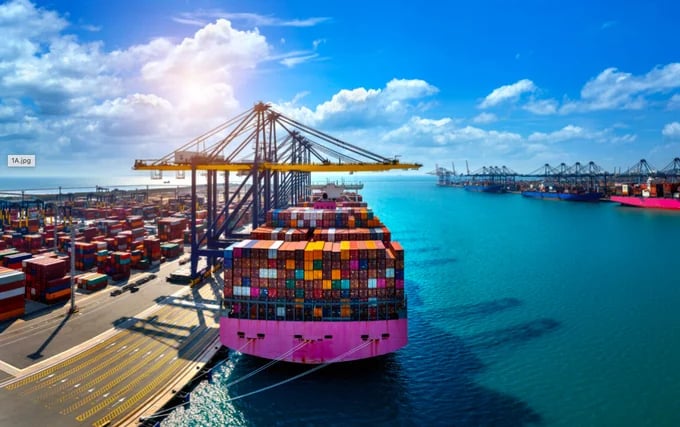
Sustainable export is an urgent requirement to ensure economic efficiency, sustainability and longevity.
Increasingly fierce competitive pressure and fluctuations in the world economy are also challenges for maintaining export growth.
Therefore, sustainable export orientation is an urgent issue for our country in the upcoming economic growth period, to harmonize the speed and quality of rapid growth and environmental protection.
Sustainable development is not only a domestic issue, Vietnam's export markets are also placing higher import requirements.
In April 2023, the European Parliament passed a bill banning the import of agricultural products such as coffee, cocoa, wood and rubber... whose production processes reduce forest area.
On October 1, 2023, the Carbon Border Adjustment Mechanism (CBAM) began operating. Accordingly, all goods imported into the European Union (EU) in industrial sectors with high carbon intensity (steel, aluminium, cement, fertilizer...) will be within the scope of adjustment.
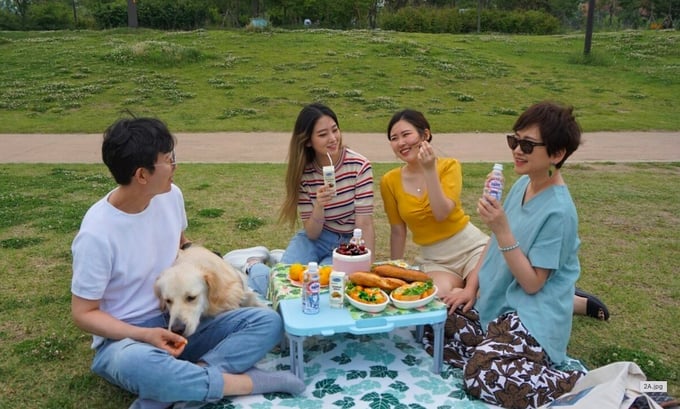
"Green" products are increasingly gaining interest and favoured by international consumers.
In addition, Vietnamese businesses also have to face many stricter non-tariff regulations from markets in new Free Trade Agreements (FTAs) such as: the Vietnam - EU Free Trade Agreement (EVFTA), and the Comprehensive and Progressive Agreement for Trans-Pacific Partnership (CPTPP). They come with environmental protection requirements including biodiversity, and emission reduction... all committed to a high level of binding.
To conquer foreign markets, businesses not only need to overcome "green fences" to facilitate export but more importantly, they need to attract consumers who are increasingly concerned and more demanding with environmentally friendly product standards.
Currently, successful exports and increased output into many demanding markets have proven the right direction for businesses persistently implementing sustainable production and business strategies.
A typical example is Vinamilk, one of the Vietnamese enterprises that has market share in nearly 60 countries and territories around the world. Especially, Vinamilk can meet the strict import requirements of Singapore, Japan, and New Zealand...
Recently, Vinamilk was also rated among the Top 5 most sustainable milk brands globally and leading in Vietnam.
In particular, this business's sustainability awareness score is rated among one of the highest, surpassing many other big names in the world's dairy industry.
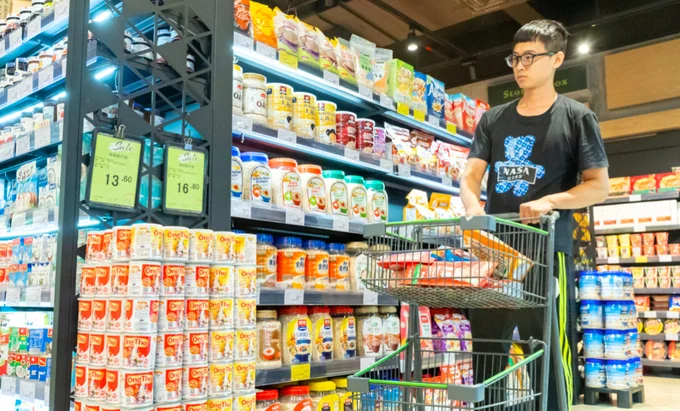
Vinamilk products are present in export markets that require high sustainability.
Mr. Vo Trung Hieu - Director of International Business Vinamilk, shared, "Currently, most of our partners in developed market groups have mentioned requirements related to sustainable development.
Vinamilk has continued to proactively transform its operating methods, increase investment in equipment, focus on training and developing human resources, actively transforming digital and green transformation to adapt to new conditions".
In New Zealand and Australia, where there are high requirements for environmental factors, Vinamilk sets a goal that before 2025, all products exported to these two markets will use HDPE packaging (easy-to-recycle packaging). Currently, export products supplied to New Zealand and Australia do not have plastic straws and the lids are easier to open to reduce plastic waste into the environment.
Early identification and assessment of the importance of sustainable development factors helped Vinamilk achieve relatively positive initial results. The Australian market grows sales by more than 10% each year, products produced by Vinamilk are being distributed at major supermarket chains Costco, Woolworths, Coles, Aldi, and Foodstuff... and they continuously have new product development projects for this market.
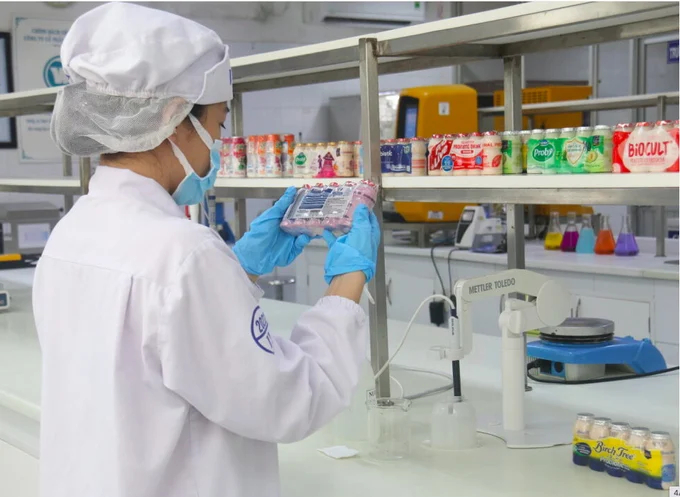
Vinamilk expects that before 2025, all products exported to Australia & New Zealand will use HDPE packaging.
Recently, Vinamilk also signed a cooperation agreement to bring yoghurt products to the billion-people market in China. Yogurt products are produced on a closed production line according to the International Quality Management System ISO 9001:2015 and FSSC 22000 standards, applying natural fermentation technology, without using preservatives to ensure safety and hygiene.
With the values and development potential of sustainable export trends, Vinamilk will also develop in high-income market groups in Asia, and America and traditional market groups have been exploited in the recent period.
It can be seen that, with many long-term values, sustainable development is the "key" for Vietnamese businesses to build brands, create sympathy with consumers, and affirm their position in the international market.
The love, trust and loyalty of consumers are evidence of the business' efforts to continuously improve products towards sustainable development, ensuring that products reaching consumers are not only delicious, clean, and safe but also contain environmental values.
Translated by Hoang Duy
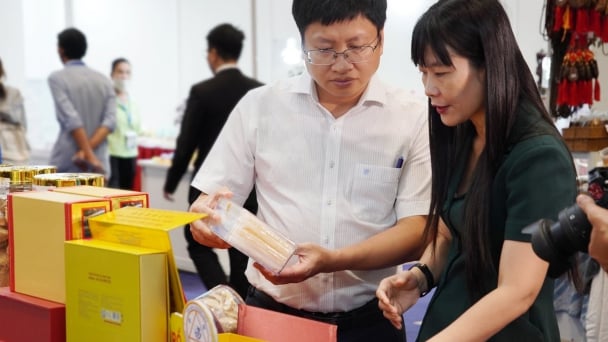
(VAN) KOCHAM Deputy President expects that Vietnam would accelerate innovation and development of bird’s nest-based products as a representation of Vietnamese culture.
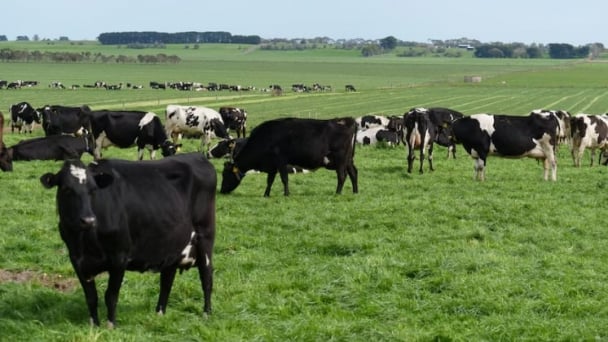
(VAN) Imported dairy products are weakening the local industry, according to dairy farmers and processors.
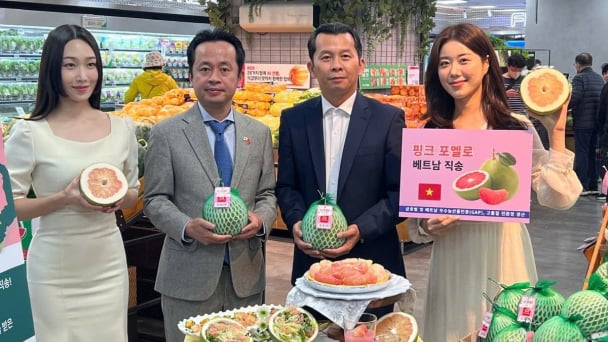
(VAN) April 10 marked a significant milestone for Vietnam's agricultural exports as Vietnamese pomelos officially became available at the Lotte Mart supermarket chain in South Korea.
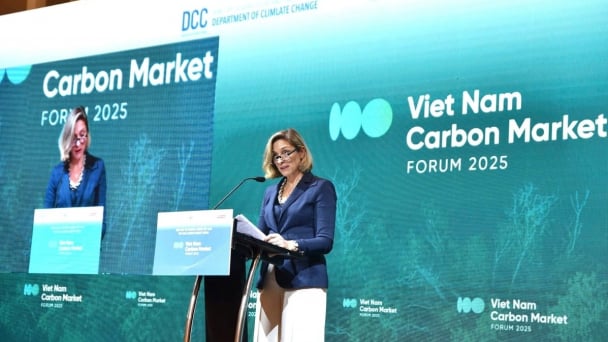
(VAN) Vietnam is focusing on developing the legal framework and technical infrastructure for the carbon market, with committed support from global financial institutions.
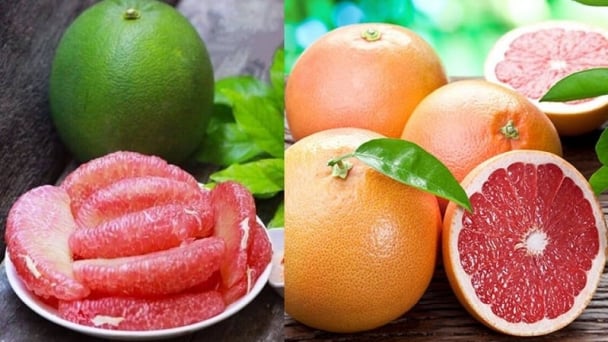
(VAN) The citrus fruits market in China is expected to slow down, but still show steady expansion, with volume reaching 56M tons and value reaching $71B by the end of 2035.
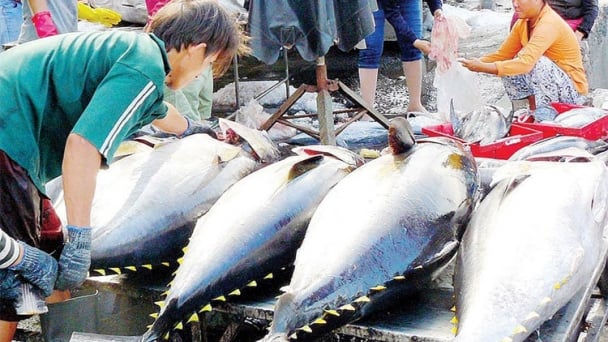
(VAN) The European Union issued a notice regarding the amendment of Annex III of Regulation (EC) No 853/2004 and aims to introduce new provisions in the fourth quarter of 2025.
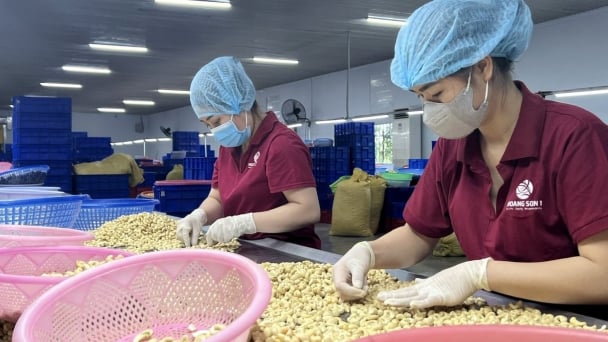
(VAN) Vietnam has great potential for exporting food to the global Halal market, but there is a need to build an ecosystem to develop this market.